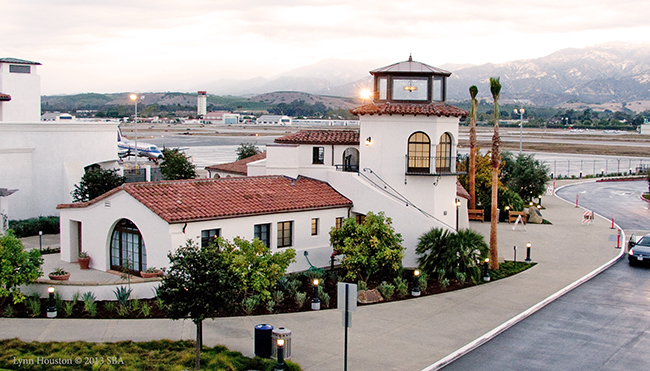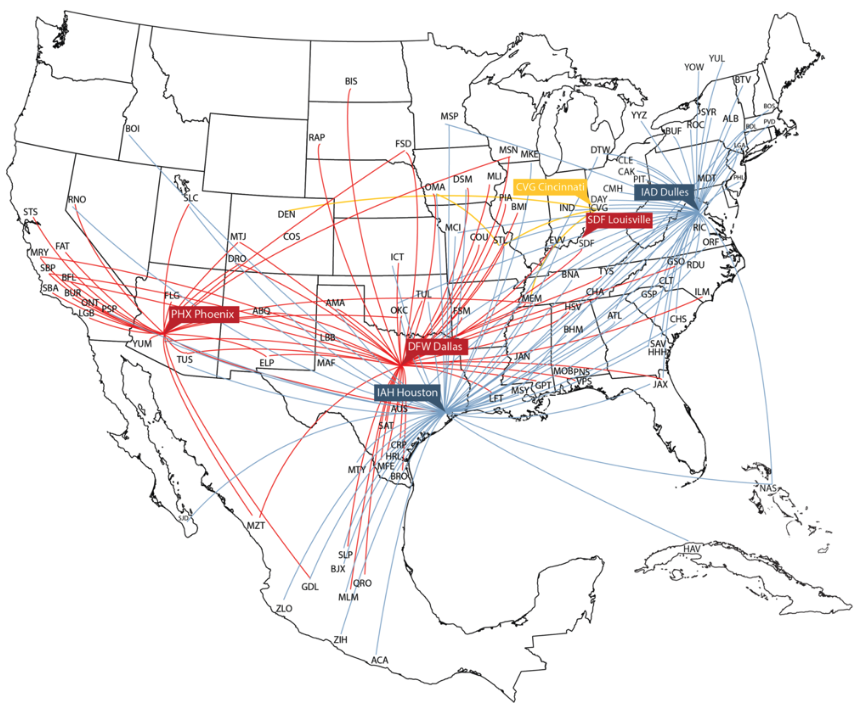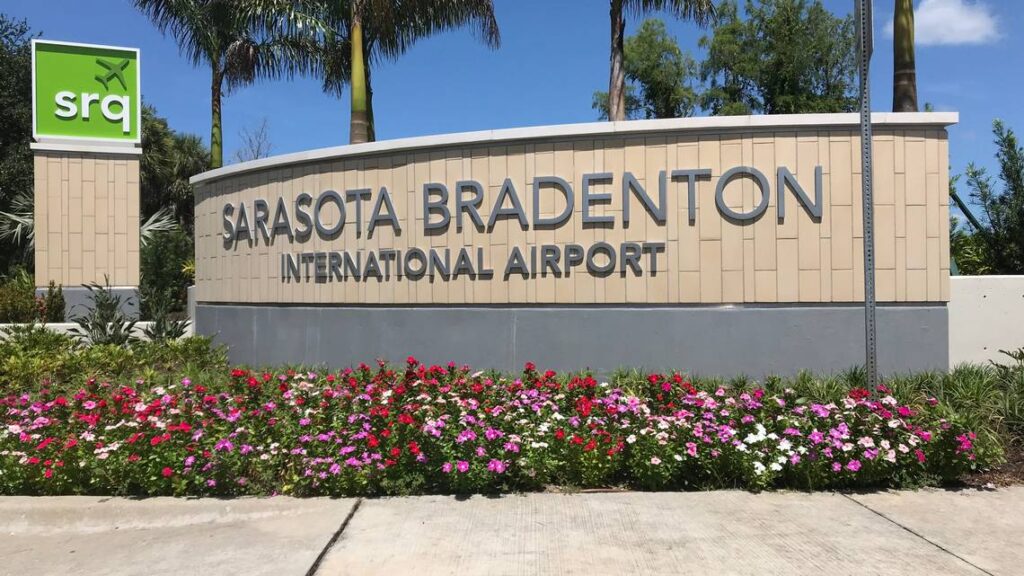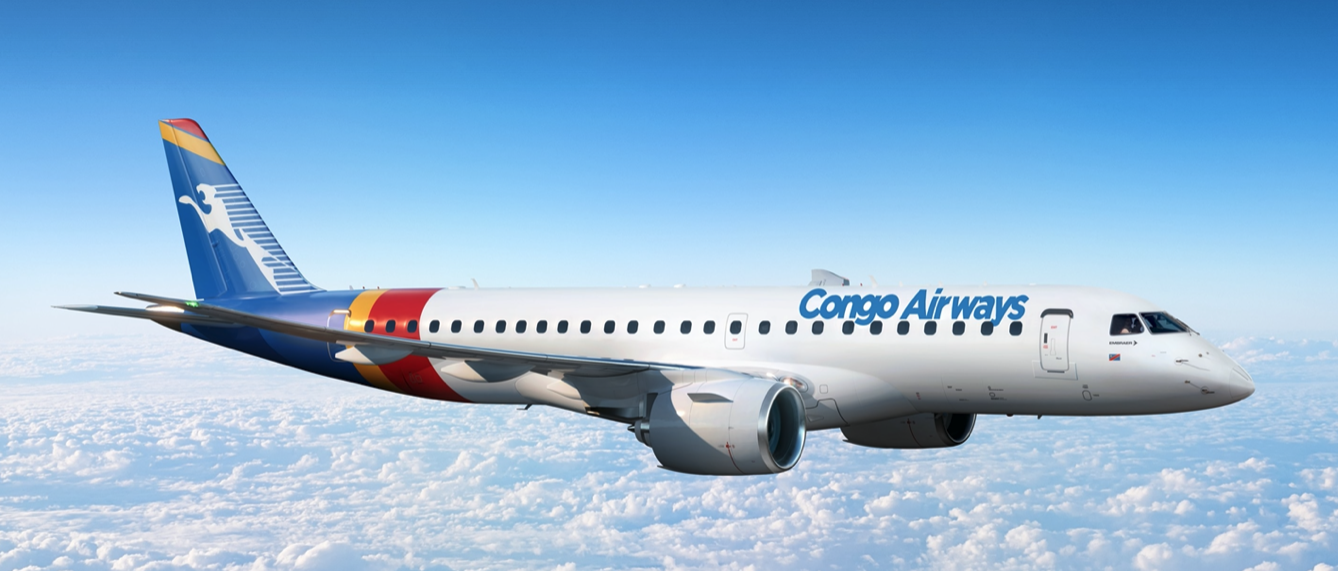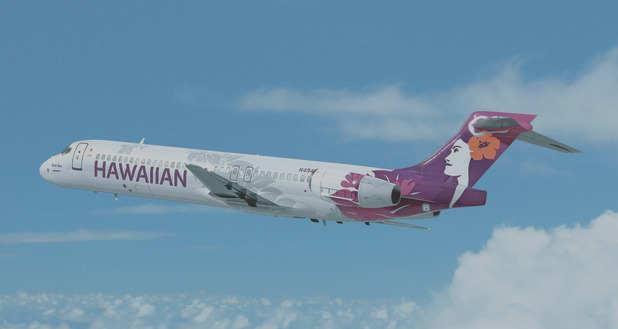
Alstom has been awarded the contract by Toulouse Metropole for the system for the third and new 27 km metro line, called Toulouse Aerospace Express, for the sum of more than €470 M. The contract could eventually be worth €713 M, including all options. The line consists of 21 stations and will serve the aviation labour pool.
The firm tranche of the order guarantees a transport capacity of 5,000 passengers per hour in each direction (pphpd), with options for up to 10,000 pphpd. It includes Alstom’s efficient, proven “Systems” solutions: Metropolis™ trains and Urbalis™ 400 CBTC solution for driverless operation and Hesop™ reversible substations. The scope also includes platform screen doors, including a dynamic system for load indication, and the track including the laying with the automated solution Appitrack™. Finally, the firm tranche of the order includes six years of maintenance, with 12 years of maintenance as an option.
“This order is excellent news for Alstom and I would like to thank Tisséo and Toulouse Metropole for their confidence! Alstom has submitted a very competitive system offer, while proposing its latest technologies and innovations on the various subsystems (vehicles, signalling, infrastructure and power supply). This order will enable us to continue developing our skills in France in all these areas, as well as our presence in the region of Occitanie, already in full expansion with our centres of excellence for Electrical component’in Toulouse and traction in Tarbes, and soon the Line 3 project team. We’ll also be calling on a number of local partners,” says Jean-Baptiste Eyméoud, President of Alstom in France.
The city of Toulouse is renowned for its economic vitality and the quality of life of the surrounding region. The Toulouse Aerospace Express project is part of a drive to increase the city’s appeal with the help of sustainable, inclusive mobility.
Alstom will contribute to the economic vitality of the local area with its site in Toulouse, which will be the nerve centre of the project. The site will consequently be developed for the construction and maintenance activities, thereby promoting local employment. In total, more than 600 people in France will work on this project, including up to 400 people in the Toulouse metropolitan area at the peak of the activity. 80% of the hours spent working on this project will be in France and 55% directly in the region of Occitanie. Jobs will also be created with our suppliers in France and in the city of Toulouse for the activities of installation, infrastructure and system deployment.
Alstom’s integrated Systems solution provides a highly mature, efficient and comfortable transport offer, designed with maximum operability and reliability in mind, with record availability of 99.8%. Alstom has a global leadership position and fully proven experience in the successful construction, commissioning and delivery of new integrated metro systems, as well as in their safe, reliable and efficient operation. Alstom can boast more than 65 years’ experience, having sold over 17,000 metro cars that carry 30 million passengers every day operate in 55 cities around the world. One of the most recent successes for Alstom in integrated metro projects being the 15-kilometre-long Dubai Metro Route 2020, completed and delivered in July 2020
The design selected for the system and the metro makes it possible to propose a solution that minimises waiting time in stations, with reduced traffic frequency from the moment of entry into service, but which, by increasing the number of metro cars from 2 to 3, increases the transport offer to 15,000 passengers per hour in each direction, without modifying the infrastructure. Indeed, Alstom will design the system to be able to go up to 15,000. The base contract is for 5,000 with options to go up to 10,000.

The rolling stock belongs to the Métropolis™ range of trains. It benefits from the innovations and continuous improvement brought to this product for more than 15 years, through numerous R&D programmes and contracts executed throughout the world. This state-of-the-art metro has been designed to improve passenger experience as well as reconcile performance, energy efficiency and ease of maintenance, in order to control costs throughout its life cycle.
For passengers, as it is a new line, the train will be characterised in particular by increased volumes on board and large openings to the exterior. The experience of the journey will be made more pleasant with an atmosphere that is air-conditioned and quiet, LED lighting that adjusts to travel conditions, reinforced air filtration and antibacterial coatings on the handholds for a healthier interior.
Travel will be made easier from the moment you step on board, with, for example, platform facades indicating the density of people on board the cars.
Urbalis™ 400 is a proven, efficient CBTC (Communication Based Train Control) automatic operation solution, in commercial service in many cities around the world. Deployed or in the process of being deployed on more than 100 metro lines, notably in Lyon and Marseille, Urbalis 400™ is a generic solution, managed as a platform, to ensure optimum safety and reliability as well as long-term durability. The solution has also demonstrated its operational robustness and modular capabilities, enabling it to control sensitive interfaces such as those of the train or the centralised control centre.
The transport system solution provided by Alstom has also been designed to reduce operational costs, achieving major energy savings through a combination of reversible Hesop™ substations with regenerative braking, efficient traction and braking systems and improved CBTC automatic train control strategies.
And finally, the project also includes the construction of a rail track that reduces friction and fine particles to a minimum, thanks to steel-on-steel operation and offers guaranteed performance over time.
With this contract, Alstom is making a long-term commitment to mobility in Toulouse by ensuring the construction and maintenance of this third line on behalf of Tisséo.


